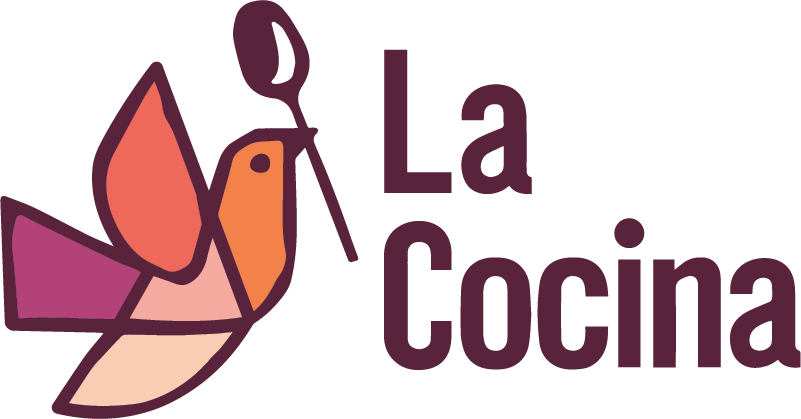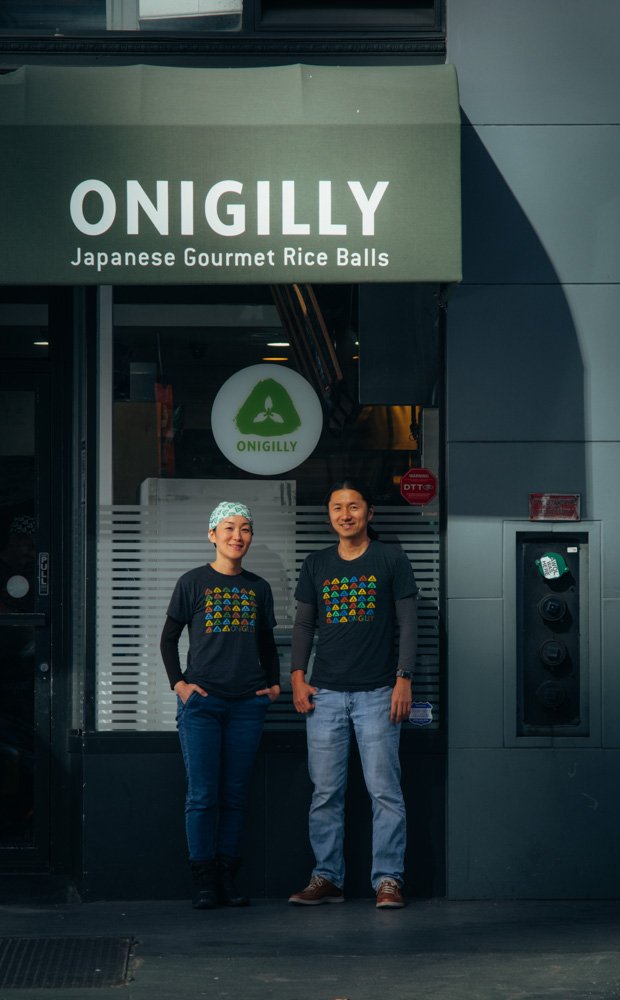“La Cocina represents nothing less than the United States at its finest: Intersectional. Female-driven. Multicultural. Entrepreneurial. Multiplatform. Centered around food, resistance, stories, and education. If more people across the country replicated this model, there’d be no need for a revolution because we’d be living in it!”
Designed by Rio Holaday | rioholaday.com
Historical and current gender, race, and socioeconomic discrimination perpetuates inequity in food business ownership and success. Women, people of color and immigrants are those most negatively impacted by industry barriers, despite the fact that they have always been at the heart of this work, and are the ones who shape the way Americans eat.
La Cocina Graduate Mariko Grady (Center) of Aedan Fermented Foods | Photo by Foodwise
La Cocina staff and entrepreneurs during cohort training | Photo by Silent Victory
These passionate and uniquely talented individuals deserve the opportunity to be at the forefront of the food industry. Their gender, race, and immigration and socio-economic status should not be a barrier to entering the food industry and bringing their power and talents to remake local economies.
By prioritizing business ownership for women, people of color, and immigrants, La Cocina works to redistribute power and resources. In partnership with government, other nonprofits, and the private sector, La Cocina strengthens the ecosystem of support required for small food businesses to succeed within complex systems and despite fluctuating economic challenges. Given entrepreneur-led small businesses are the biggest employer in the U.S., La Cocina’s work has enormous implications for the economy.
Food entrepreneurship can be a catalyst for women, people of color, and immigrants to…
build economic autonomy and create resources for generations to come within their diverse local economies;
lead by example as business owners who center employees, families, and communities;
create communities that are equitable, joyful, connected, and nourished.
When Chef Koji Kanematsu moved to the U.S. in 2006, he was surprised to find sushi everywhere but his favorite Japanese staple—onigiri—nowhere. Inspired by this 2,000-year-old rice ball’s convenience, affordability, and health benefits, he launched Onigilly in 2007 to bring a healthier fast-food alternative to American diets.
Koji grew Onigilly from a single food cart to a beloved brand, with early support from our incubator and Opportunity Fund. By 2012, he opened his first restaurant, followed by a second just a year later.
Today, Onigilly operates five locations and employs nearly 40 people, proving that small businesses drive economic growth.
Photos by Onigilly, Eric Wolfinger, Daedalus Howell, Robin Johnson, and Anthony Lindsay.

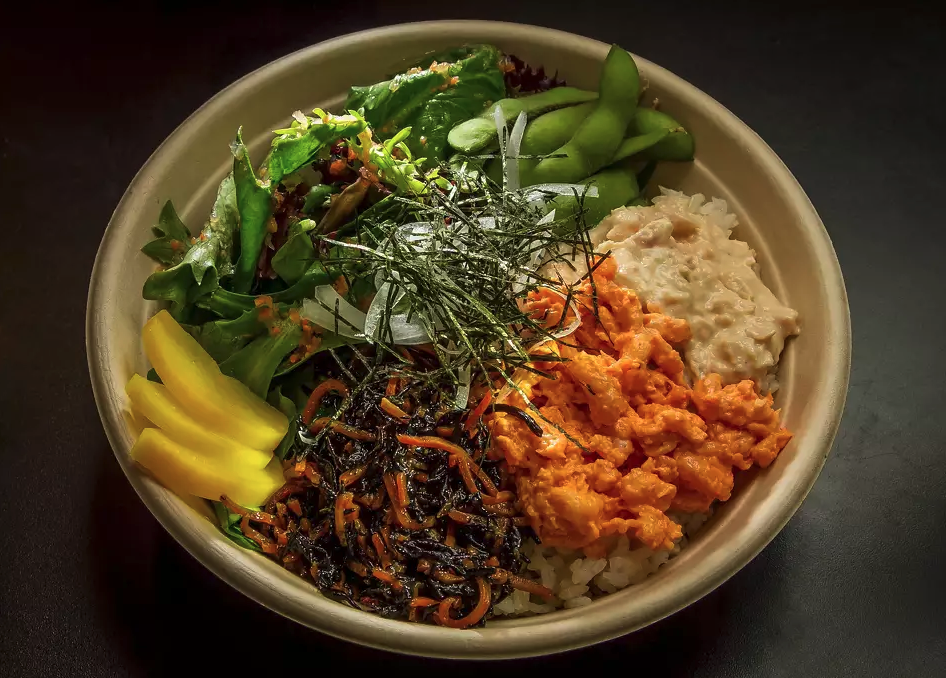

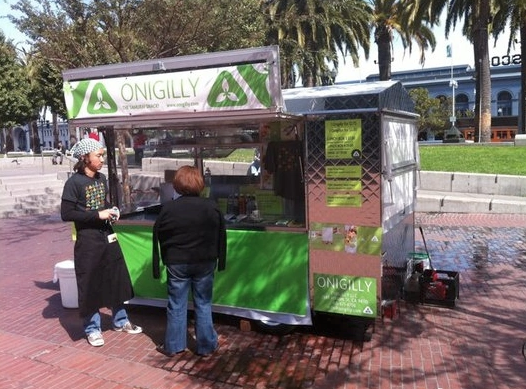
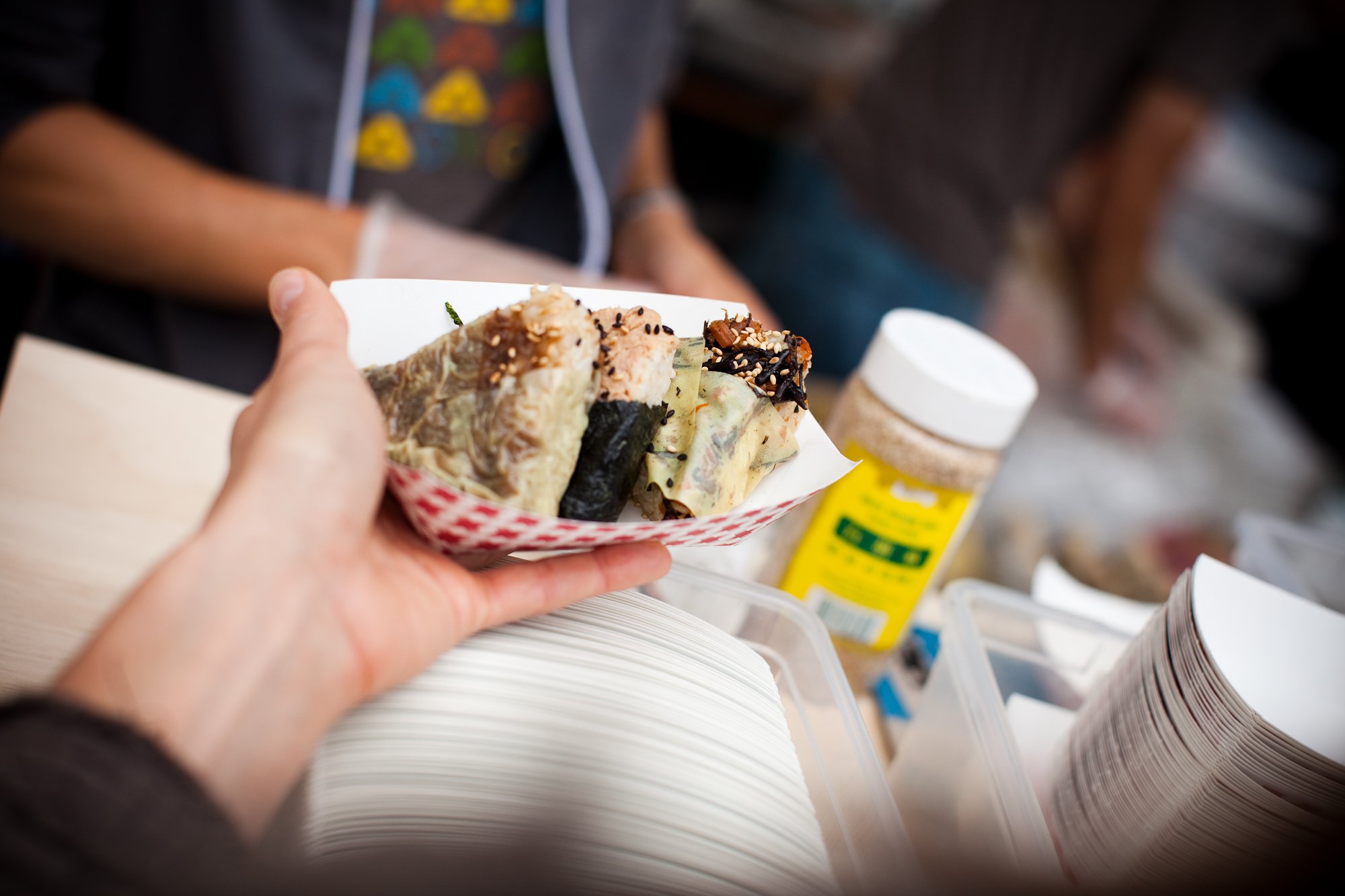
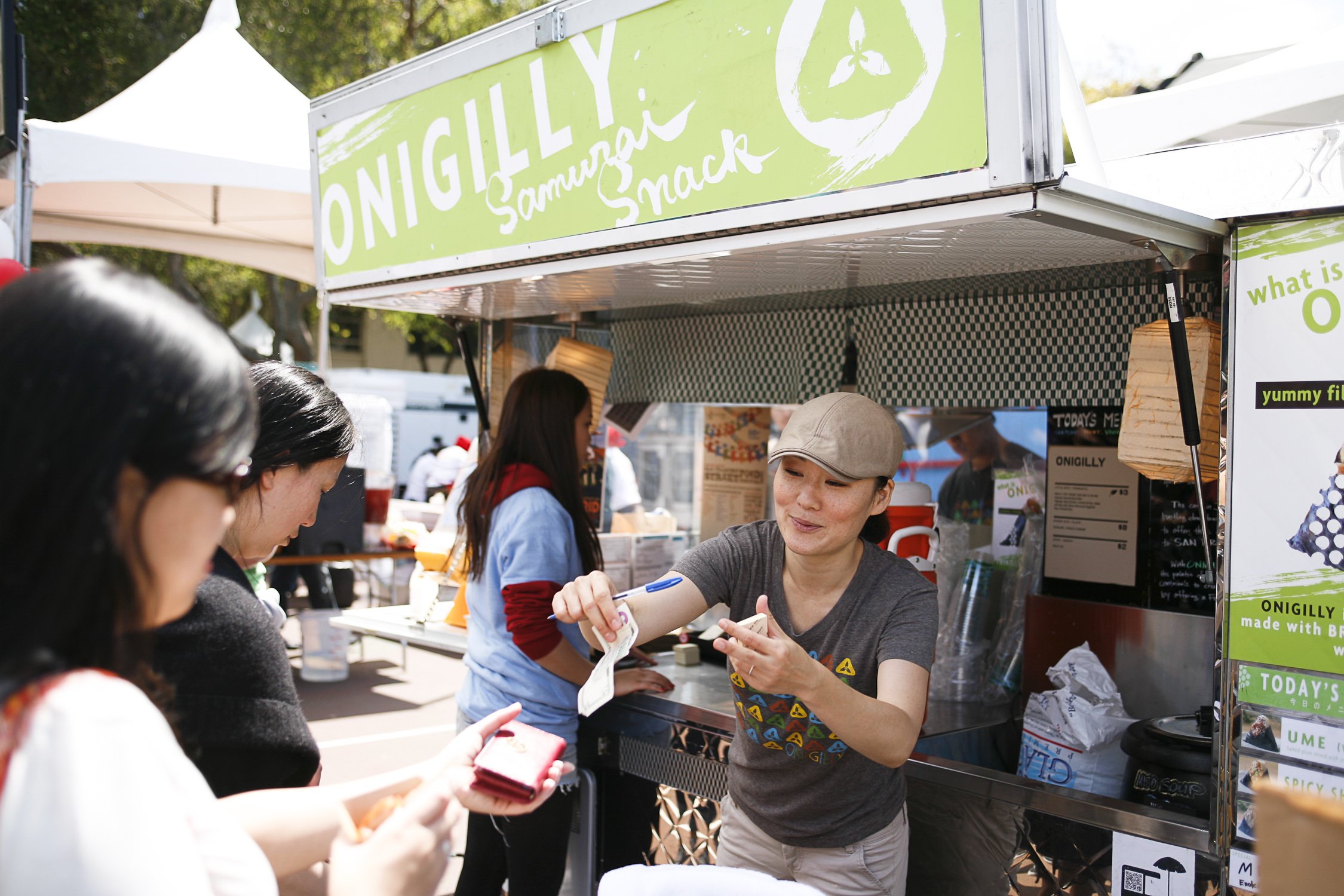
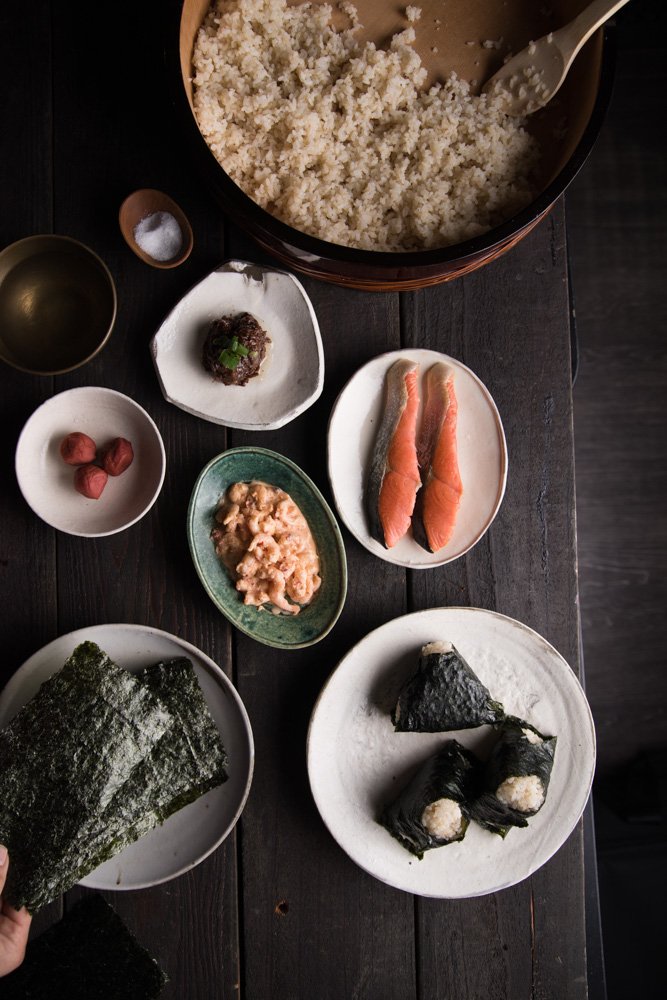
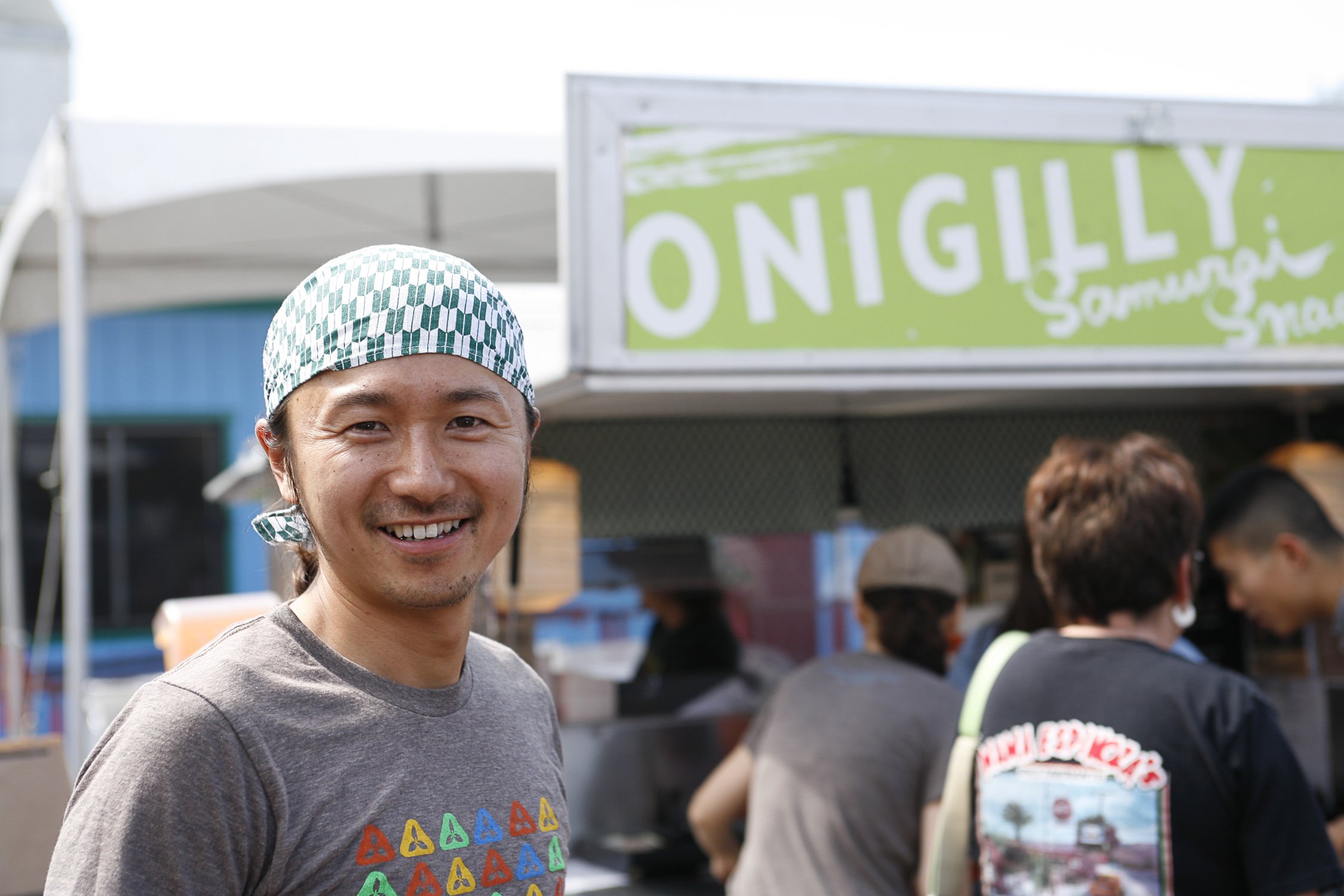
Entrepreneurs from The Kitchen Project, a food business incubator in Auckland, New Zealand, that was created with the guidance and support of La Cocina | Photo by Nathan Young
Most La Cocina entrepreneurs see their businesses as a path to economic independence, breaking free from wage labor and its limitations. Their success drives community investment, local hiring, and a thriving small business ecosystem that fuels economic revitalization and growth.
Financial stability shapes outcomes across housing, employment, education, health, and criminal justice—amplifying the impact of La Cocina’s work.
What started as a small grassroots effort in one of the nation’s toughest food markets has grown into the country’s most recognized kitchen incubator. La Cocina’s model has inspired the launch of kitchen incubators worldwide—from San Jose to New York City to Auckland—collectively supporting hundreds of entrepreneurs who are creating jobs, generating revenue, and contributing to the vitality of their local economies.
